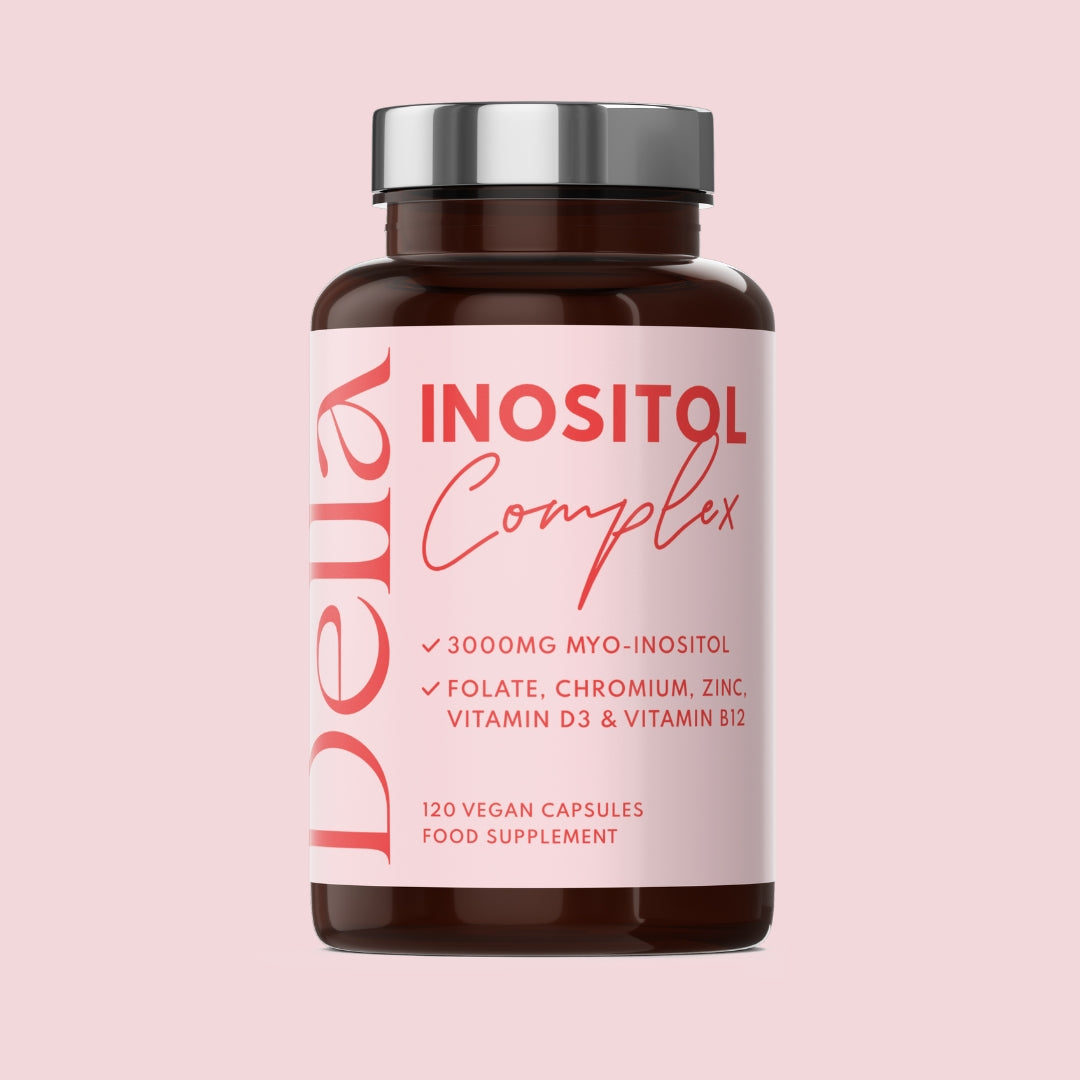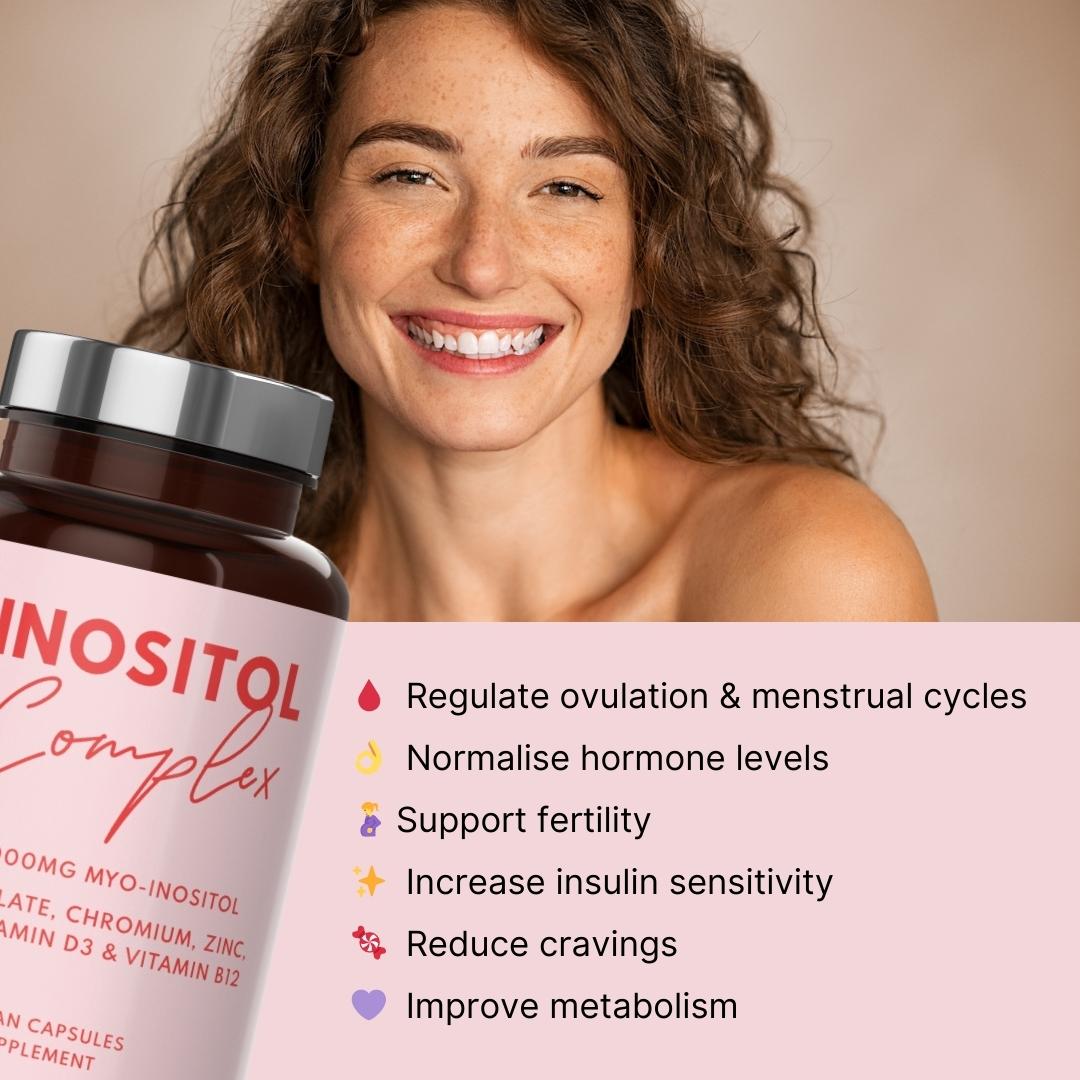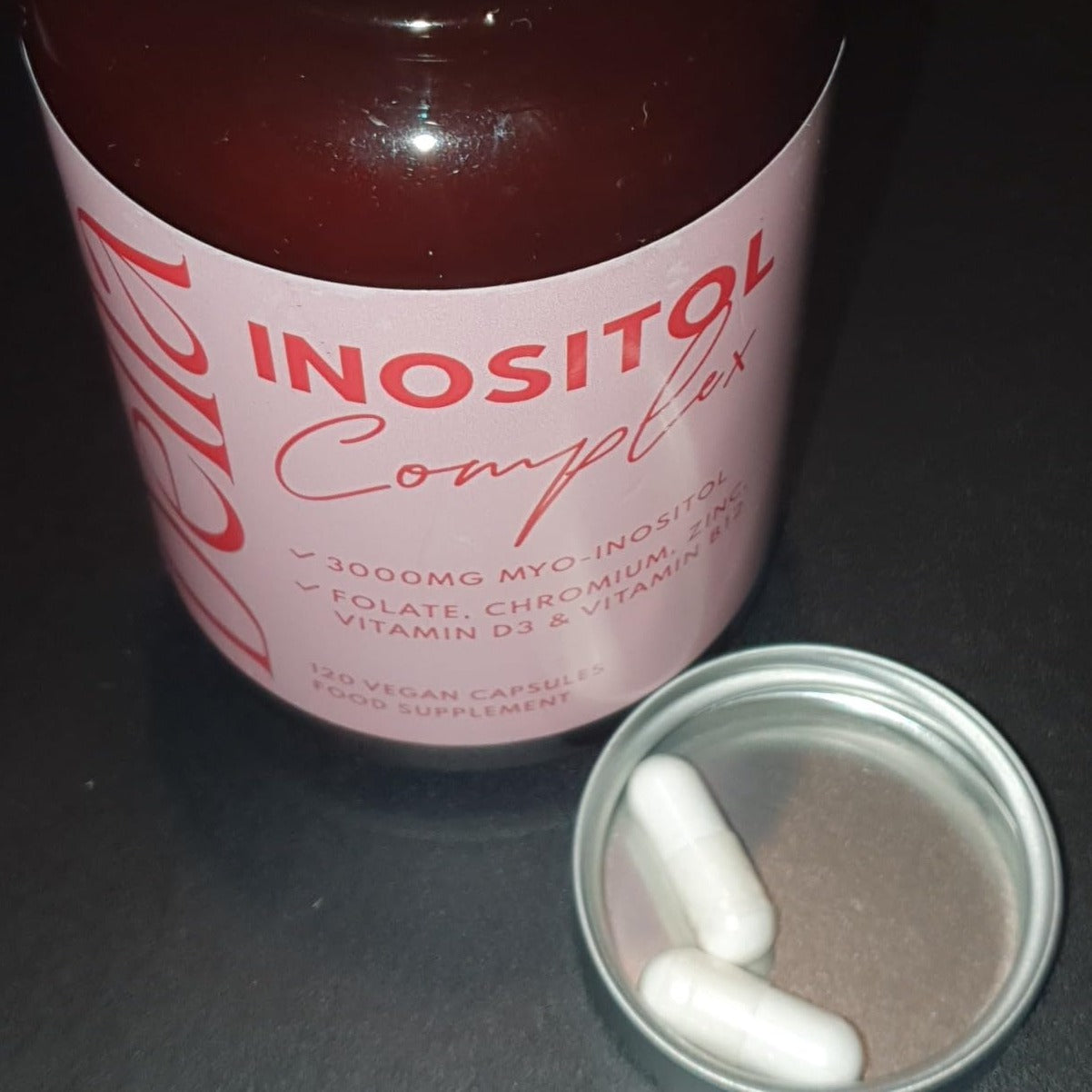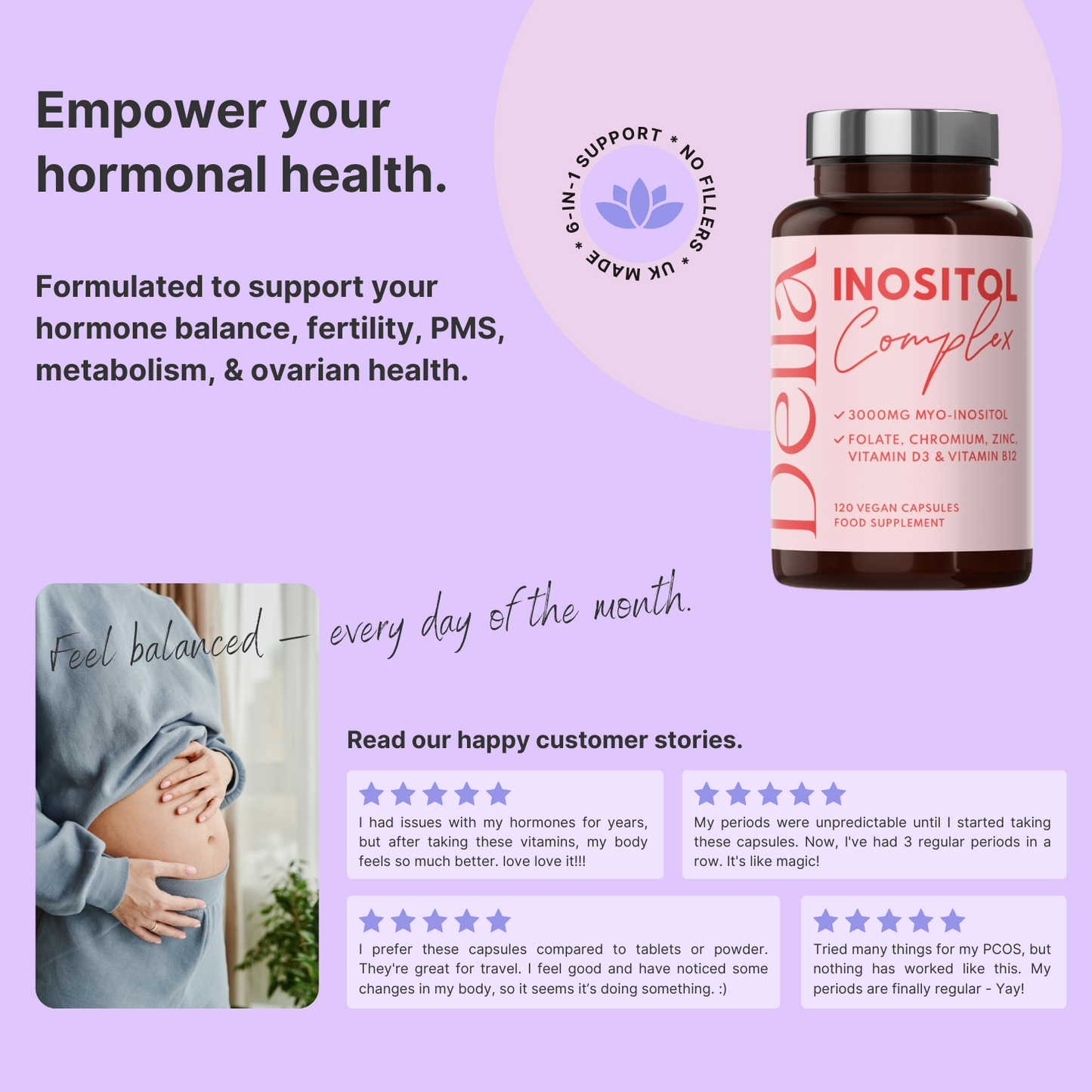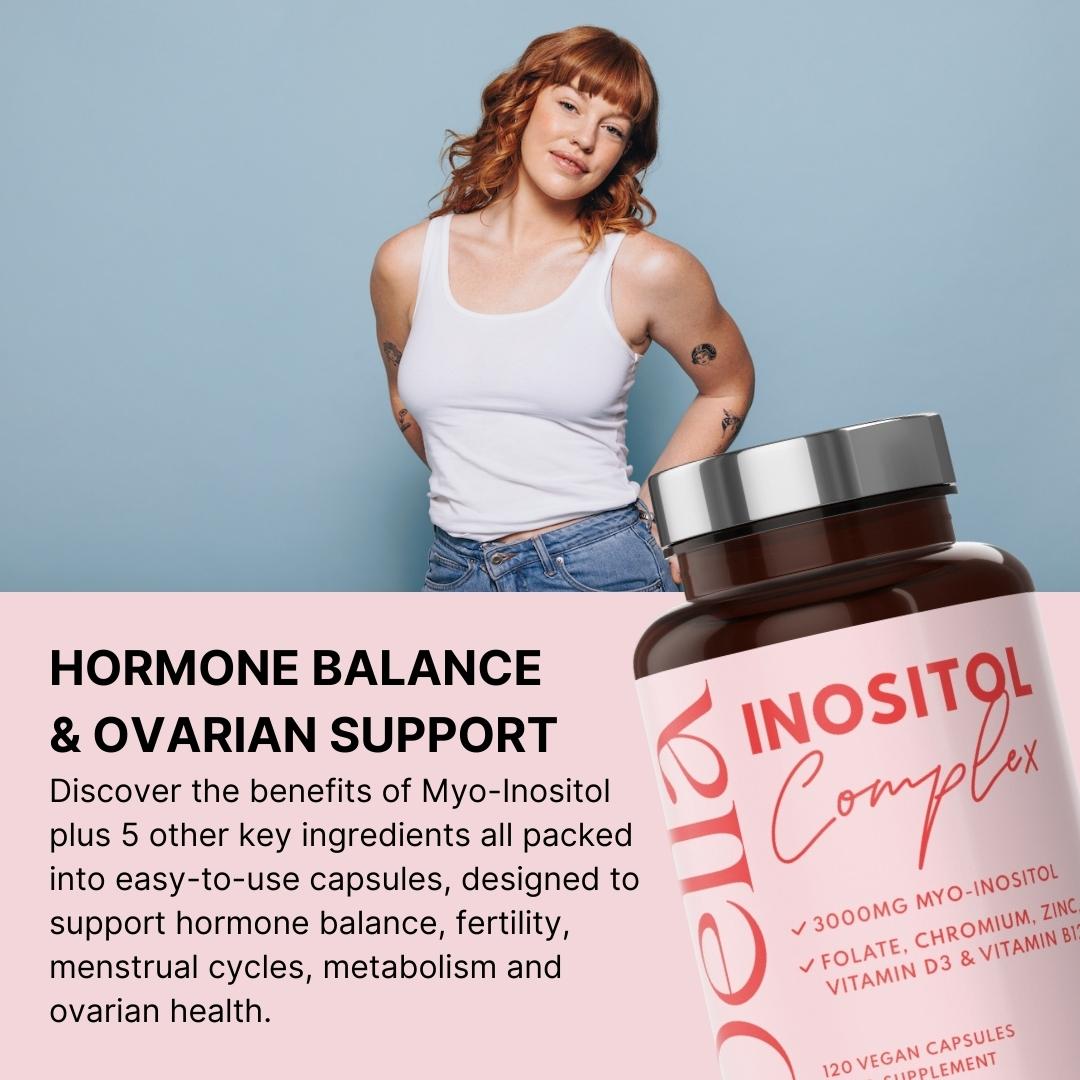8 Common Myths about PCOS Debunked
PCOS is one of the most common endocrine disorders, affecting around 10% of all women worldwide.
Despite this, PCOS is often shrouded in confusion and misinformation.
Misconceptions surrounding this condition can lead to misunderstandings, delays in diagnosis, and inadequate treatment.
In this article, we will unravel and debunk 8 common PCOS myths to promote better understanding and awareness.
1. If You’re Not Looking to Get Pregnant, You Don’t Have to Worry About PCOS
While PCOS is one of the most common causes of female infertility, it is so much more than that. PCOS is a systemic disorder with far-reaching consequences. Women with PCOS may experience hormonal imbalances, metabolic disturbances, insulin resistance, and increased risk of developing conditions such as type 2 diabetes, cardiovascular disease, and mood disorders.
2. PCOS is Not a Serious Health Condition
Like with many other female health issues, PCOS is often disregarded and treated as if it is not a serious condition. PCOS is a significant health condition with potential long-term implications. It can impact various aspects of a woman's life, including her physical health, mental well-being, self-esteem, and overall quality of life.
Early diagnosis, appropriate treatment, and ongoing management are essential for minimising the potential risks and optimising health outcomes.
3. PCOS Can Be Reversed/Cured
Whatever you might’ve seen on the Internet, PCOS is a condition that can’t be cured, however the symptoms can be improved.
4. All Women With PCOS are Overweight
While it is true that many women with PCOS are overweight, it is important to note that this condition can affect women of all body types. In fact, some women with PCOS who have a smaller body size are often referred to as having "lean PCOS."
5. You Can’t Get Pregnant if You Have PCOS
PCOS can affect fertility, but it does not mean that all women with PCOS are infertile. With appropriate lifestyle modifications, and sometimes fertility treatments, many women with PCOS can successfully conceive and have healthy pregnancies.
Many women are also able to conceive naturally, without medical interventions or fertility treatments, by changing their lifestyle, diet and incorporating supplements (such as a Myo-Inositol & D-Chiro Inositol blend).
6. Losing Weight Will Cure PCOS
The first thing doctors often tell someone recently diagnosed with Polycystic Ovary Syndrome is to lose weight. Losing weight can improve your symptoms, but it won’t reverse the condition.
7. You Did Something to Cause Your PCOS
PCOS is not your fault! There is so much misinformation and blame thrown around on the internet, making you believe you caused your own PCOS and that you are to blame. It is essential to recognise that PCOS is not solely a result of personal choices or behaviours and that several factors are out of your control. Lifestyle factors such as diet and exercise can influence PCOS symptoms, but they do not cause the condition itself.
PCOS has a complex aetiology involving genetic, hormonal, and environmental factors. Daughters of women with polycystic ovary syndrome (PCOS) are five times more likely to be diagnosed with the disorder than daughters born to women without PCOS, and new studies show that sons may also be affected.
8. PCOS is Not a Serious Health Condition
Like with many other female health issues, PCOS is often disregarded and treated as if it is not a serious condition. PCOS is a significant health condition with potential long-term implications. It can impact various aspects of a woman's life, including her physical health, mental well-being, self-esteem, and overall quality of life.
Early diagnosis, appropriate treatment, and ongoing management are essential for minimising the potential risks and optimising health outcomes.
And 1 bonus myth:
You Have to Have Polycystic Ovaries to Have PCOS
The presence of ovarian cysts is a characteristic of PCOS (Polycystic Ovary Syndrome), but it is not a universal feature. In fact, not all women with PCOS develop cysts, and some women without PCOS may have cysts on their ovaries. Because of this, many health care professionals agreed that the name PCOS should be changed because it is confusing and can be misleading.
These are just a few of many PCOS myths we’ve come across surrounding PCOS and that we believe is so important to bring attention to.

FAQs about PCOS:
How should PCOS be managed?
Early diagnosis, appropriate treatment, and ongoing management are essential for minimising potential risks and optimising health outcomes for women with PCOS.
Why is it important to debunk PCOS myths?
Misconceptions about PCOS can lead to misunderstandings, delays in diagnosis, and inadequate treatment. Debunking myths promotes better understanding and awareness of the condition.
What are the consequences of PCOS beyond infertility?
Women with PCOS may experience hormonal imbalances, metabolic disturbances, insulin resistance, and increased risk of developing conditions such as type 2 diabetes, cardiovascular disease, and mood disorders.
Is PCOS a serious health condition?
Yes, PCOS is a significant health condition with potential long-term implications. It can impact various aspects of a woman's life, including physical health, mental well-being, self-esteem, and overall quality of life.
Can PCOS be reversed or cured?
PCOS cannot be cured, but the symptoms can be improved through appropriate treatment and lifestyle modifications.
Do all women with PCOS have to be overweight?
No, PCOS can affect women of all body types, including those with smaller body sizes (referred to as "lean PCOS").
Can women with PCOS get pregnant?
PCOS can affect fertility, but not all women with PCOS are infertile. With appropriate lifestyle modifications and sometimes fertility treatments, many women with PCOS can successfully conceive and have healthy pregnancies.
Does losing weight cure PCOS?
Losing weight can improve PCOS symptoms, but it does not reverse the condition itself.
Did I cause my PCOS?
No, PCOS is not caused by personal choices or behaviours. It has a complex aetiology involving genetic, hormonal, and environmental factors.
Is PCOS only associated with polycystic ovaries?
The presence of ovarian cysts is characteristic of PCOS, but not all women with PCOS develop cysts, and some women without PCOS may have cysts on their ovaries.



